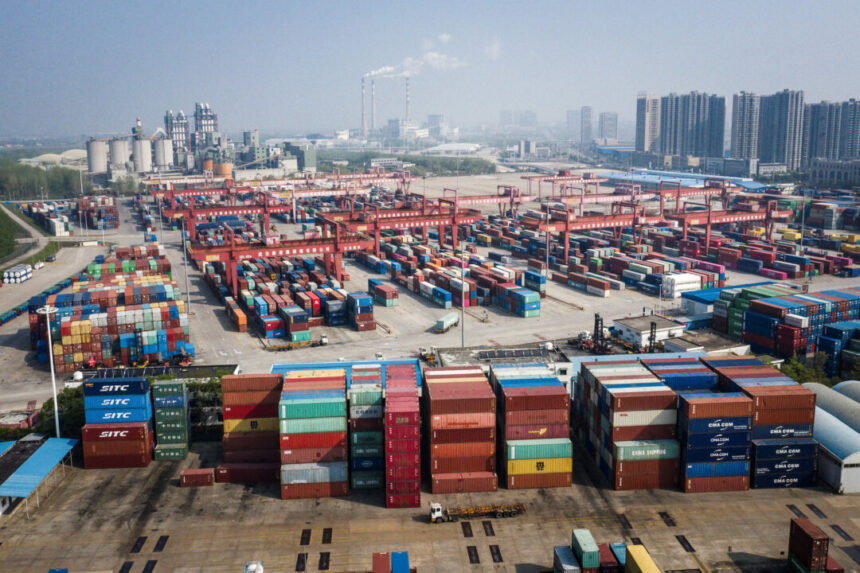Commentary
Beijing has quietly issued guidelines to local governments on stimulating business investment in their regions. The success of this effort remains uncertain.
The lack of capital spending in China has raised concerns within the Chinese Communist Party (CCP). This lack of investment could lead to stagnation in China’s productive capacities and economic struggles. While state-owned enterprises have increased their capital spending, it is not enough. China needs to boost the private business sector, which accounts for about 60% of the economy, as well as attract more foreign investment. However, private Chinese businesses are hesitant, and foreign investment is avoiding China.
To address these challenges, the CCP has tasked local governments with implementing radical reforms to encourage investment. The impact of these new guidelines on achieving the Party’s objectives remains uncertain.
Previously, local authorities in China offered various incentives to encourage capital investment by Chinese and foreign businesses, such as tax exemptions, rent-free space, subsidies, and long-term loans. However, these practices were criticized for fostering corruption, market fragmentation, and hindering high-quality economic development.
In line with the CCP’s directives, local governments are now urged to eliminate selective financial rewards, especially tax incentives and subsidies, to create a unified domestic market and reduce investment uncertainties. The focus is on providing better government services and creating a transparent and predictable business environment to foster capital investment.
By reducing the discretion of local authorities in providing subsidies and tax benefits, the reforms aim to combat corruption and create a conducive environment for businesses to thrive.
While these reforms may benefit China-based producers, they are unlikely to attract foreign investment. The reluctance of Western and Japanese businesses to invest in China is driven by factors such as diversifying supply chains, rising costs in China, and geopolitical uncertainties.
While the CCP’s reforms are a step in the right direction, they are just one part of the solution to China’s economic challenges. Local government reforms alone may not be sufficient to address the deeper issues facing the country.
The views expressed in this article are the author’s own and do not necessarily reflect the views of The Epoch Times.
Please provide a rewritten sentence for me to assist you.
Source link








